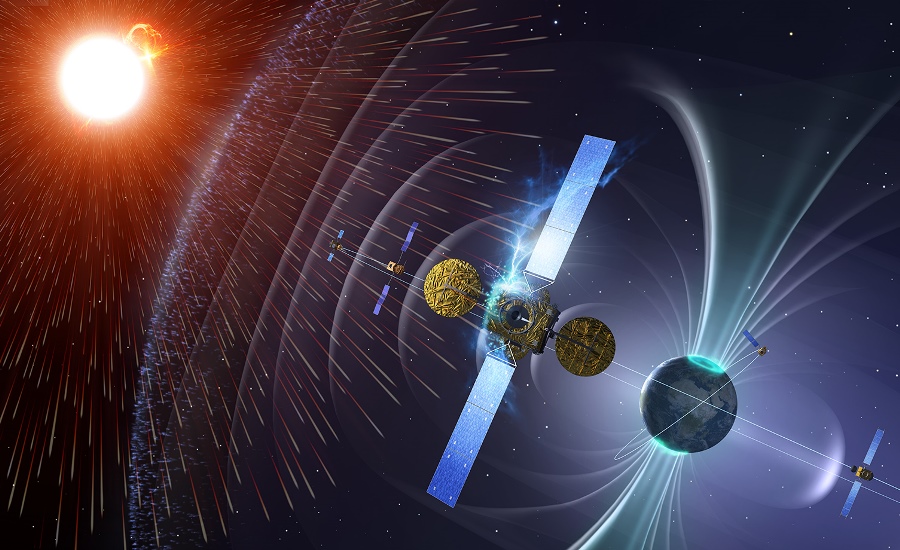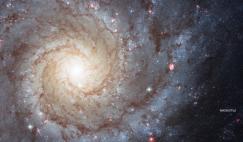Space travel has always been fraught with unknown potential perils, but now the risk of chronic dementia from galactic cosmic ray exposure could face astronomers on a long-haul trip to Mars say scientists.
Studies by scientists at University of California (UCl) probing a phenomenon called "space brain,” have found that exposure to highly energetic charged particles causes significant long-term brain damage in test rodents, resulting in cognitive impairments and dementia. These particles are much like the ones found in galactic cosmic rays that permeate space and the same ones that will bombard astronauts during extended spaceflights.
It is not the first research to be done on this matter and a similar study conducted last year showed similar results albeit with somewhat shorter-term brain effects from galactic cosmic rays. These current findings however raise much greater alarm said Charles Limoli, Professor of radiation oncology in UCI's School of Medicine and one of the authors of the research published in todays Nature’s Scientific Reports.
"This is not positive news for astronauts deployed on a two-to-three-year round trip to Mars," said Limoli. "The space environment poses unique hazards to astronauts. Exposure to these particles can lead to a range of potential central nervous system complications that can occur during and persist long after actual space travel - such as various performance decrements, memory deficits, anxiety, depression and impaired decision-making. Many of these adverse consequences to cognition may continue and progress throughout life."
The rodents that formed the study were subjected to blasts of fully ionized oxygen and titanium at NASA’s Space Radiation Laboratory in New York, before being sent off to Limoli’s lab at UCl.
Imaging of the test subjects, after a six month period, found that the brain's neural network was impaired through the reduction of dendrites and spines on neurons. Neurons are responsible for the transmission of signals among brain cells and these disruptions can equate to poor performance on behavioural tasks designed to test learning and memory.
Not only that but along with significant levels of brain inflammation, the team found that the radiation affected "fear extinction," an active process in which the brain suppresses prior unpleasant and stressful associations. "Deficits in fear extinction could make you prone to anxiety," Limoli said, "which could become problematic over the course of a three-year trip to and from Mars."
Although people working for extended periods on the International Space Station do not face the same level of bombardment with galactic cosmic rays because they are still within the Earth's protective magnetosphere, those on a long journey to Mars would have months/years for such impairments to develop.
Accordingly, ways in which to overcome this problem are being looked at, including designing spacecraft to incorporate areas of increased shielding, such as those used for rest and sleep. However, these highly energetic charged particles will traverse the ship nonetheless, "and there is really no escaping them" adds Limoli.











